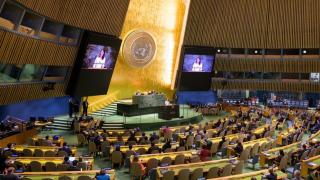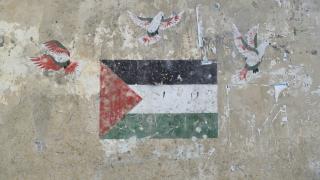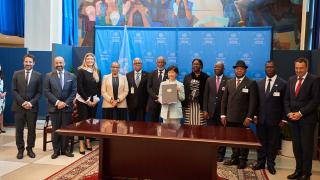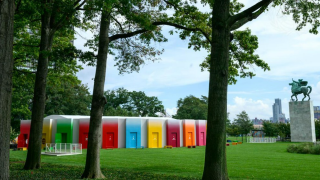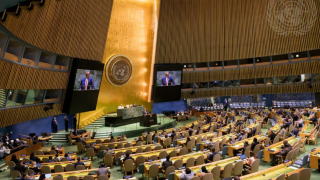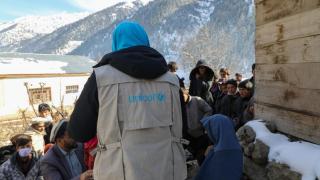
The first in our regular series of background briefings on the UN in the news.
The recent election of Saudi Arabia to the UN Commission on the Status of Women (CSW) has caused a stir in sections of the media. Given Saudi Arabia’s poor record on women’s rights it is right that this appointment should cause consternation. However much of the criticism relating to this appointment is misdirected. Below we answer a few basic questions relating to this appointment.
What is the Commission on the Status of Women?
CSW is the principal intergovernmental body dedicated to promoting gender equality and the empowerment of women. It meets for two weeks every year to discuss progress on the “Beijing Platform for Action” – the internationally agreed blueprint for improving gender equality – and the Sustainable Development Goals agenda. Recommendations for action are then forwarded to the UN Economic and Social Council (ECOSOC), the Commission’s parent body.
What role will Saudi Arabia have?
The role of Saudi Arabia will be limited. It will be one of CSW’s 45 member states. As such, it will not play a role in setting the Commission’s agenda; this is done by the CSW Bureau, a sub-group of five members elected by the CSW. Neither will it choose the priority areas for CSW to consider; this is done by ECOSOC. Saudi Arabia will have just as much, or little, input as any of the other 44 members in determining the “agreed conclusions” of the next CSW session. Like all other members, it will have one vote when it comes to any resolutions emanating from the session.
How did it get elected?
Members of CSW are elected by the 193 states that make up the UN General Assembly. First, the Assembly elects 54 of its member states to serve on ECOSOC. Then, ECOSOC elects 45 states to serve on CSW for overlapping periods of four years: 13 from Africa, 11 from Asia-Pacific, nine from Latin America and Caribbean, eight from the Western European and Others group, and four from Eastern Europe. However, in the vast majority of cases, elections are uncontested – there are only as many candidates as there are vacancies in each regional group.
This is what happened in the case of Saudi Arabia. There were five vacancies for Asia for the period 2018-2022 and only five candidates: Iraq, Japan, Republic of Korea, Saudi Arabia and Turkmenistan.
Indeed, none of the places on CSW were contested on this occasion. As such, there was no need for a vote. Nevertheless, the US called for a symbolic vote, which was conducted by secret ballot. Saudi Arabia received 47 votes, meaning a relatively high number of states – seven – refused to cast a ballot even though the country was going to be elected no matter the result.
The UNA-UK view
The UN’s value lies in its universality. It matters precisely because it is inclusive, because it seeks to involve all states in a dialogue about human rights laws and norms, and because it aims to raise standards through engagement and support, as well as through challenge and censure. A small CSW consisting of squeaky clean states laying down the law for the rest of the world is not likely to advance the cause of gender equality worldwide.
But the election of states with very poor records, particularly those with a history of obstructionism, carries many risks, from damaging the Organisation’s credibility to impeding progress on the ground. While engagement – and the negative publicity of resulting from election – can serve to shine a spotlight on the country’s domestic record, it can also help it to fend off criticism or seek to reverse gains made. This is especially pertinent in the area of women’s rights, which has seen fierce backlash in recent years.
UNA-UK believes that the best way to overcome this problem is to end the fielding of clean slates. This has proved an effective way for states to signal their disapproval of a candidate’s record. Last year, for example, Russia did not retain its seat on the UN Human Rights Council after the Eastern European group put forward three candidates for two spots. Saudi Arabia, meanwhile, was elected, after its group – Asia-Pacific – proposed four states for its four seats. Incidentally, the UK and the US were also elected after the Western European and other States group fielded a clean slate.
Photo: Secretary-General António Guterres (left) meets with Adel Ahmed Al-Jubeir, Minister for Foreign Affairs of Saudi Arabia, in Riyadh. UN/Mohammed Al Deghaishim

